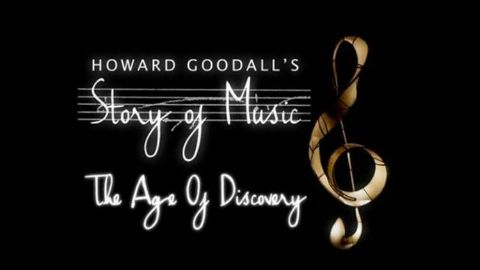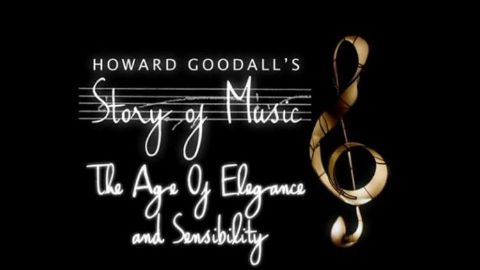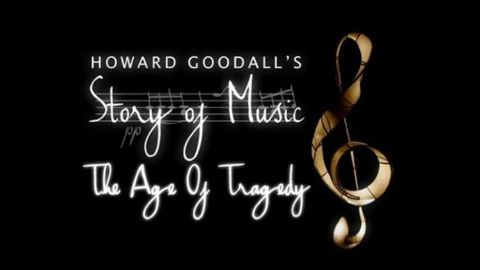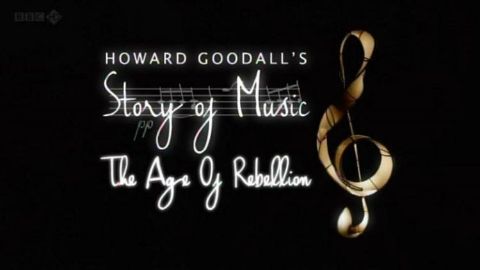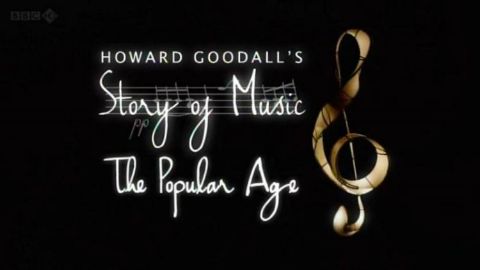Howard Goodall's Story of Music • 2013 • 6 episodes •
The composer examines the history and development of music, beginning by looking back at the first faltering steps humanity took toward creating it. He considers archaeological evidence showing that music was as important in the late Stone Age as it is now and charts how Gregorian chant started with a handful of monks singing the same tune in unison. Over the course of several centuries, medieval musicians painstakingly put together the basics of what has become termed harmony and then added rhythm - the building blocks of the music the world enjoys today
2013 • Music
The composer examines the extraordinarily fertile musical period between 1650 and 1750, which saw innovations including the orchestra, the overture, modern tuning, the oratorio and the piano. Vivaldi developed a form of concerto where a charismatic solo violin was pitted against the rest of the orchestra, Bach wrote complex and heartfelt music in his mission to glorify God, and Handel brought all the techniques of the preceding 100 years to his oratorio Messiah.
2013 • Music
The composer examines the age of Haydn, Mozart, Beethoven, Schubert, Mendelssohn, Schumann and Chopin. This period from 1750 to 1850 saw composers going from being paid, liveried servants of princes and archbishops to working as freelancers required to appeal to a new, middle-class audience. The era also saw tremendous social upheaval, including the American, French and Industrial revolutions, but until around the turn of the 19th century, the music that was being written bore little relevance to the tumultuous changes in society.
2013 • Music
The composer examines the middle to late 19th century, exploring the European craze for opera and music that dealt with death and destiny. He suggests that composers were inspired by Berlioz's Symphonie Fantastique to write about witches, ghouls, trolls and hellish torment, and that the death of the heroine in Verdi's La Traviata was a comment on the hypocrisies of wider society. Howard also argues that the image of the composer as a misunderstood genius was cemented in the public imagination during this period.
2013 • Music
Howard Goodall examines the ways in which modernism and the birth of recorded sound in the late 19th century changed the way music was played, heard and distributed. He reveals how the works of Mussorgsky made a huge impression on European composers when aired at the 1889 Paris World Fair, and discusses how increasingly disparate musical influences were woven together to create groundbreaking new sounds.
2013 • Music
The composer examines the history of the past 100 years in music, known as the popular age. During this period, classical music - as it is now termed - seemed to be in decline, but Howard argues that while some cutting-edge works proved too challenging to be appreciated by the mainstream audience, the DNA of the genre is alive and well in musical theatre, cinema and popular music.
2013 • Music
